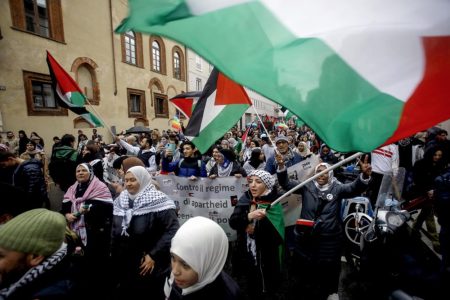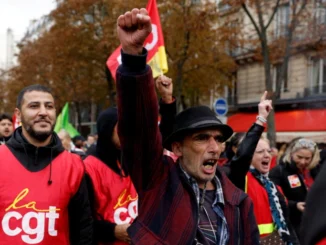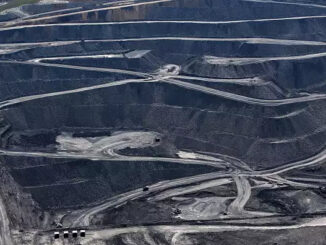
Ireland, Malta, Slovenia, and Spain said on Friday (22 March) they are ready to recognise the state of Palestine as the “only way to achieve peace and security” in the war-ridden region.
“We discussed together our readiness to recognise Palestine and said that we would do so when it can make a positive contribution and the circumstances are right,” the four wrote in a joint statement after an EU summit in Brussels.
The four EU leaders did not specify what “circumstances” this would encompass.
Asked by reporters what conditions had to be met, the Spanish Prime Minister Pedro Sánchez said: “We have to decide when to do it, when we contribute to a solution and therefore, it is a matter of political assessment”.
“It is time for this recognition to help the peace process, the end of violence and therefore, the establishment of a lasting peace, with security and mutual recognition by the Arab community towards the Israeli state and by the rest of the West towards the Palestinian state”.
“Let us never forget that there are more than 130 countries in the world that have already recognized the Palestinian state and therefore, we are talking about the West fundamentally and singularly about the European Union, about many countries in the European Union,” Sánchez said.
In Spain and Ireland, recognition has been part of the government’s programme.
Malta recognised Palestine’s right to a state in 1988, alongside Eastern European states Bulgaria, the Czech Republic, Romania and Slovakia, but never fully implemented the decision.
Only ten out of the 27 EU member states currently recognise Palestine as a state.
Asked about the move, European Council President Charles Michel said that “the idea is to start a process, possible to take into account steps that can be made on both sides”.
The move comes a day after EU leaders made a breakthrough on Thursday (21 March) and called for an “immediate humanitarian pause leading to a sustainable ceasefire” in Gaza and urged Israel not to launch a major ground offensive in the southernmost city of Rafah.
Following the attack on 7 October by Hamas, the EU has struggled for a united response to Israel’s military operation.
The United Nations and humanitarian organisations have been warning of the risk of famine, with EU leaders calling for “full, rapid, safe and unhindered humanitarian access into” Gaza.
They also have revived efforts towards a Middle East peace process, for which the EU has pitched a plan for a “credible, comprehensive solution” to the Israel-Palestine conflict
“We all agreed that the only way to achieve lasting peace and stability in the region is through the implementation of a two-state solution, with Israeli and Palestinian states living side-by-side, in peace and security,” the four EU leaders wrote in their statement.



